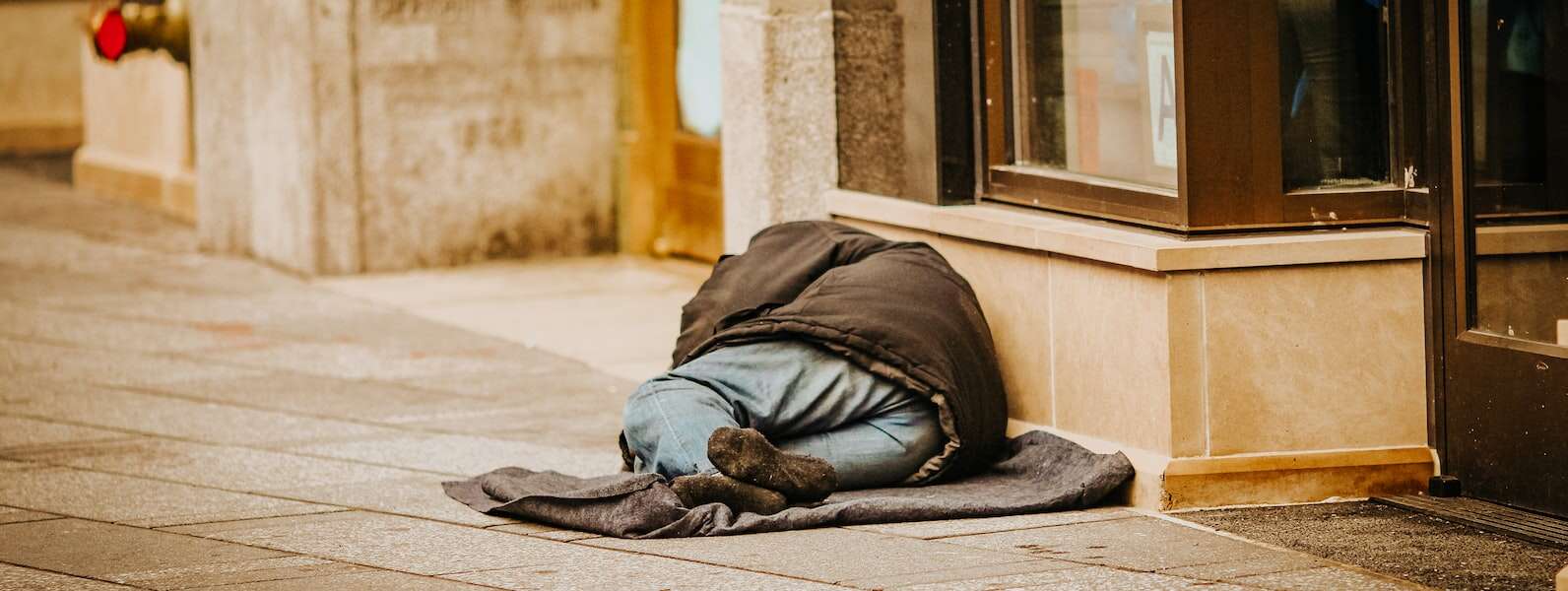With housing prices still high, some landlords have an incentive to sell, threatening tenants with homelessness. A University of Guelph PhD candidate says two types of changes are needed: one at the policy level, the other within the community.
Edith Wilson recently started research on non-profit housing activists and advocates’ life histories in the Department of Sociology and Anthropology. She is a research assistant with the Sociable Cities Project in the College of Social and Applied Human Sciences. Her previous research focused on public washroom access and “washrooms for customers only” rules in the City of Toronto; she published several popular articles on that topic as well as a public washrooms map at torontotoilets.com.

If landlords choose to sell their property, both long- and short-term renters may face eviction or homelessness, says Wilson in a recent Conversation Canada commentary. From there, it’s up to the tenant to figure out the next steps.
“Nobody hands you a ‘So You’re Being Evicted’ package that has all the services you can contact and information about the grants you can apply to like the Canada-Ontario Housing Grant,” explains Wilson. “Eviction puts people in a situation where there’s all these unknowns… I shudder to think of the number of people who don’t know this stuff and how it could impact them.”
Policy changes need to happen to prevent homelessness, she says. In the short term, there should be a pause on evictions during the winter, or at least a tightening of regulations that address evictions and properties changing hands.
“We all know there’s a lot of temporary shelters in the winter, but there aren’t enough, and some people don’t feel safe there, which is why encampments happen,” she explains, adding that encampments shouldn’t be removed because it makes it harder to find them and to distribute aid.
Vacancy rent control should be reintroduced as well. “If landlords are allowed to increase rent in between tenants because ‘that’s what the market’s doing,’ then it’s going to exacerbate the problem” by driving up the cost of rental housing, says Wilson.
But those policy changes can take time, forcing so-called “band-aid solutions” for homelessness to come into play. There should be expanded access to warming centres, shelters and public washrooms throughout the winter, says Wilson.
Individuals might donate supplies like blankets and food if they’re able or call an ambulance for someone apparently in distress, says Wilson. People should also consider upholding the encampment support network in their community, she says, and perhaps help encampment residents if police attempt to evict them.
“Try not to assume someone else is going to take care of them or to assume things about them just because they’re homeless,” she adds.
Wilson is available for interviews.
Contact:
Edith Wilson
edith@uoguelph.ca
